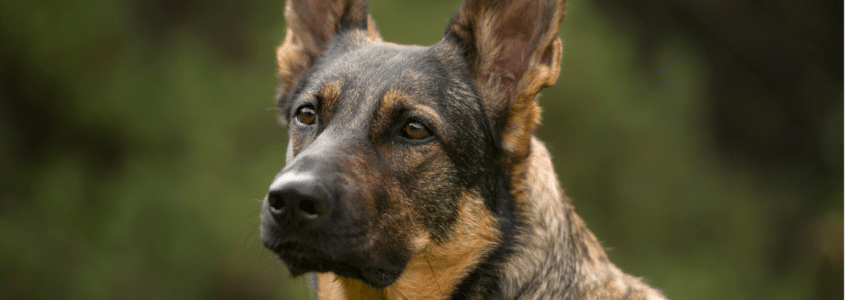
Not Every Dog is a Daycare Dog
Not Every Dog is a Daycare Dog
Today I had a difficult conversation with a client as we removed their dog from group play. It wasn’t a difficult conversation for me but it was for the owner. They assumed they had a bad dog ….an unsocial dog.
From their perspective, they thought they were doing everything right. From my perspective, I am being responsible, not just in regard to the other dogs but also to this particular young dog’s continued development.
He is a 13 month old Shepherd. It’s not uncommon for herding and guarding breeds to have a short daycare career. Many age out by 24 months of age. As their breed tendencies emerge, their personalities and temperament are often not suited to group play within a larger, fluid pack of dogs. Many of the herding breeds serve a dual purpose: they guard as well as move livestock. They like a calm and pastoral environment. A calm herd is a content herd with no disruptions “in the force.”
True guarding breeds such as Dobermans and Great Pyrenees are exceedingly pack-oriented and space-sensitive due to their territorial nature. If you are a member of their pack and understand the rules of canine social engagement, they will be highly tolerant.They can be less tolerant with unfamiliar and space-insensitive dogs.
Faced with the high activity and amoeba-like fluidity of group play, guarding and herding breeds can become highly reactive. In an attempt to bring order to chaos, they suppress the energetic play of their daycare friends.
The potential repercussions are significant. If managed improperly by the daycare staff, these individuals may eventually behave in a manner that is not appropriate for safe group play. The other, more social and less space-sensitive dogs will no longer enjoy group play. And, in the worst scenario, someone could get hurt.
As a highly experienced dog trainer and daycare owner I strongly encourage dog-to-dog socialization for guarding and herding breeds starting at an early age. Well-managed group play can be an excellent source of socialization for younger dogs, as these breeds tend to be more reactive and intolerant of other dogs as adults. The trick is to start early and participate frequently. Then, discontinue group play once breed tendencies start to emerge in middle to late adolescence. Ultimately, the goal is to expose them to lots of high quality socialization while they’re young. Then remove these individuals from group play to preserve their acceptance and tolerance of other dogs thus minimizing the opportunities for negative encounters.
The next step for the owner is not isolation nor avoidance of other dogs, but high quality training. This means developing excellent on-leash skills as well as a highly reliable recall. This allows guarding and herding breeds to enjoy a fully functional life.
Removing the young Shepherd from daycare was not a tragedy. It was not a failure. At least not to an experienced dog trainer.
It simply marks the next stage or chapter in his life.
He’s not a bad dog. He’s simply developing into the mature dog that his reputable breeder envisioned. An important chapter has been completed. He has benefited from many great experiences. He was handled and cared for by well-meaning, compassionate humans who are not part of his familial pack. He knows that unfamiliar dogs are not always a threat and are usually friendly. He trusts humans and can be handled safely by people who are not family members.
It is now my job, along with his owners, to teach him not to impulsively act upon his breed tendencies but look to humans on how to handle situations in which he is unfamiliar or uncomfortable.
Lastly, note that many, many dogs of herding and guarding ancestry safely participate and engage in group play each day.
It’s important to know your dog and make quality decisions based upon their temperament and stage of life. I look forward to the next chapter in his life. It’s going to be great!
We owe it to them.
For more information on Augusta’s Doggy Daycare Services


